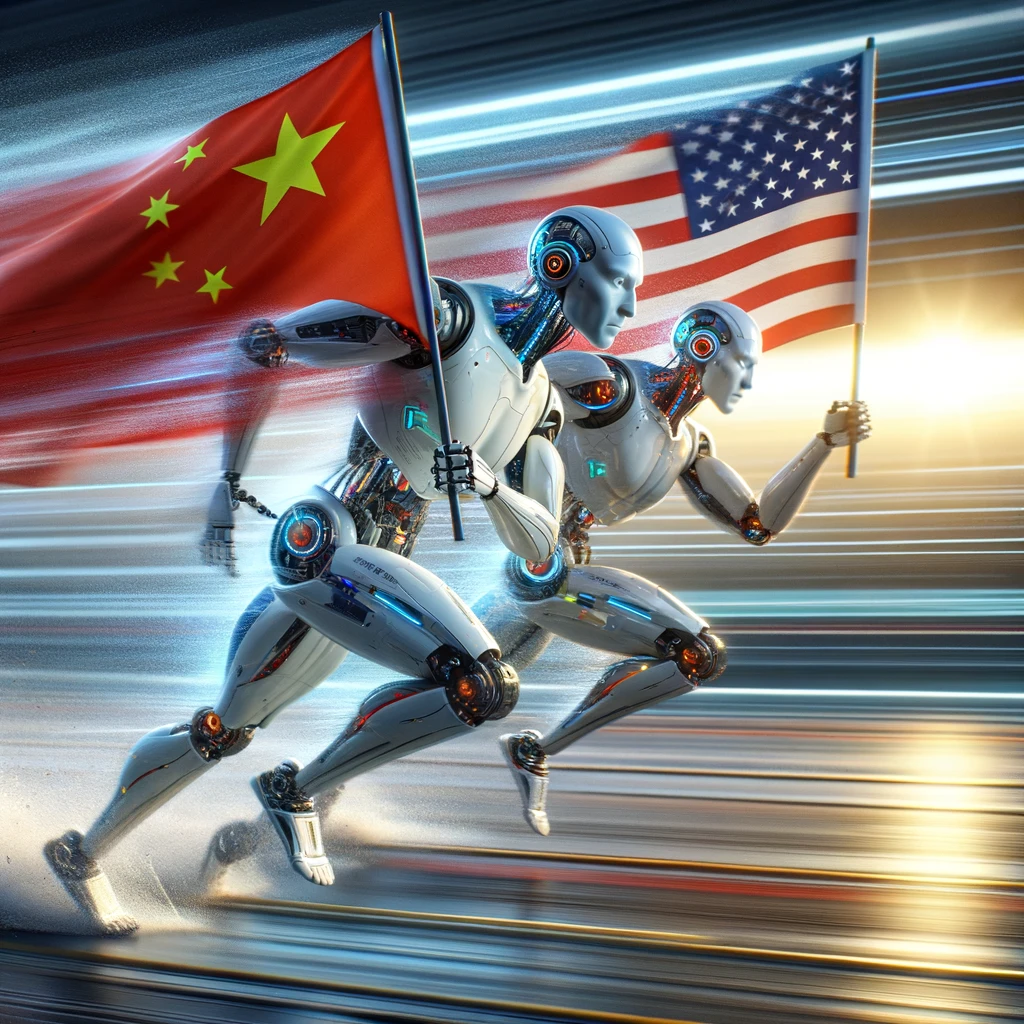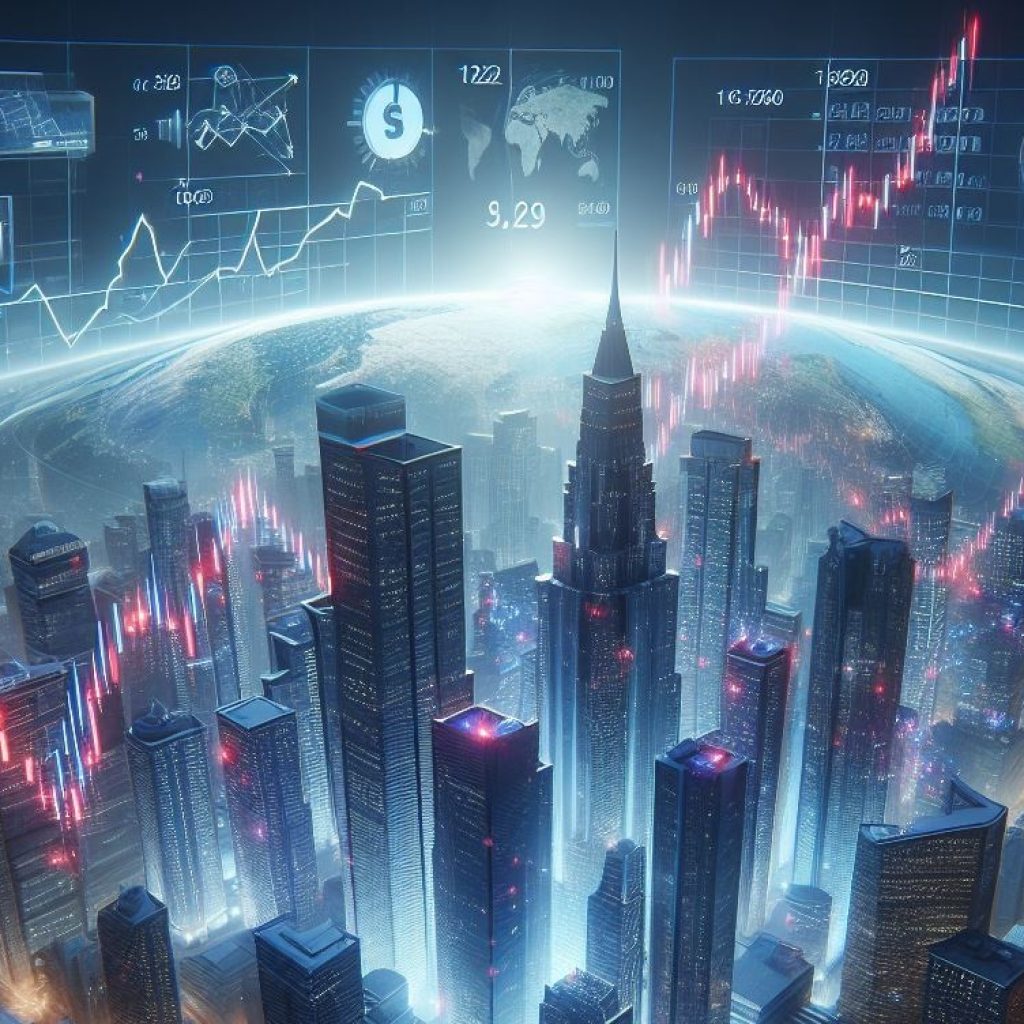In the dynamic arena of artificial intelligence (AI) development, a complex narrative is unfolding with China’s ambitious pursuit of technological dominance encountering a critical twist. Dubbed the “AI race,” China’s endeavor to lead in AI is revealed to hinge significantly on technology sourced from the United States. This revelation, unearthed amidst the fervent competition between the two global powers, casts a spotlight on the intricate interplay of innovation, reliance, and geopolitical dynamics shaping the future of AI.
Addressing China’s US technology dependency in the AI race for dominance
Amidst the fervent race for AI supremacy, the reliance of Chinese companies on underlying systems from the United States emerges as a pivotal factor shaping the landscape of technological competition. Despite China’s aggressive strides in AI development, exemplified by the meteoric rise of companies like 01.AI, the foundation of their advancements often traces back to US-based technologies. Dr. Lee Kai-Fu’s 01.AI, propelled by substantial funding and esteemed backing, underscores this dependency by building upon Meta’s AI model LLaMA, thus highlighting the intricate entanglement between Chinese innovation and American technology.
As Chinese companies navigate the labyrinth of AI innovation, they confront a myriad of challenges, both regulatory and technological, complicating their quest for autonomous development. Regulatory constraints imposed by Beijing pose formidable obstacles, stifling experimentation and innovation within China’s tech landscape. Censorship rules and stringent regulations governing AI model training impede the unfettered progression of generative AI models, relegating companies to tread cautiously within the confines of governmental scrutiny.
Despite grappling with inherent challenges, Chinese entrepreneurs and innovators endeavor to chart new territories within the realm of generative AI, seeking to carve a niche beyond established norms. Ventures such as AIsphere, founded by Dr. Wang Changhu, epitomize this pioneering spirit, spearheading breakthroughs in video generation technology. Dr. Wang’s assertion of building models “from the ground up” underscores China’s aspirations to transcend reliance on US technology, propelling itself as a frontrunner in the evolving landscape of AI innovation.
US-China technological entanglement
The intricate entanglement between US and Chinese technology extends beyond the realm of AI development, encompassing broader geopolitical dimensions. While Washington seeks to curb China’s technological advancements through restrictions on AI chip sales and investment curbs, it paradoxically fosters the dissemination of open-source AI models, inadvertently contributing to China’s technological prowess. This symbiotic relationship underscores the complexities of modern geopolitics, where technological competition blurs the lines between innovation and strategic interest.
Beyond the geopolitical realm, the AI race holds significant economic implications, with both China and the US vying for dominance in an increasingly digitized global economy. The proliferation of AI technologies promises to reshape industries, enhance productivity, and drive innovation, positioning countries at the forefront of technological advancement to reap substantial economic rewards. However, as the race intensifies and reliance on US technology persists, questions arise regarding China’s long-term economic strategy and its ability to achieve sustainable growth independent of external dependencies.
As the global AI race unfolds, characterized by a delicate balance of innovation and interdependence, the trajectory of technological dominance remains uncertain. The symbiotic relationship between China’s ambitious pursuits and its reliance on US technology underscores the intricate dynamics shaping the future of AI. Yet, amidst regulatory constraints, geopolitical tensions, and economic considerations, one question looms large: Can China navigate the complexities of AI development to emerge as a true contender for technological supremacy, or will its dependency on US technology prove to be a stumbling block in its quest for autonomy?





